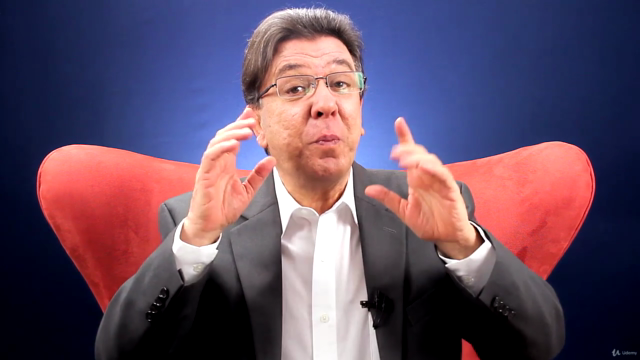CURSO DE VENDAS - Como Vender Quando Não Está Fácil Vender

Why take this course?
Ótimo, parece que você está buscando uma abordagem abrangente para negociar de forma eficaz, lembrando diversos pontos importantes que garantem uma discussão construtiva e benéfica para todas as partes envolvidas. Vamos detalhar um pouco mais cada ponto para que você possa aplicá-los em situações de negociação real:
-
Planejamento de Negociação: Antes de entrar na negociação, faça uma análise clara dos seus objetivos, necessidades e o que você está disposto a conceder. Conheça seu mínimo aceitável e o ideal para sair da negociação vitoriosamente.
-
Identificar Obejações: Pense nos possíveis problemas ou preocupações que sua contra parte pode ter e prepare respostas que enderecem essas objeções de forma proativa.
-
Terreno Familiar: Aproveite-se de negociar em um ambiente onde você se sinta confortável e informado, e tente que a negociação aconteça lá.
-
Identificação: During the negotiation, pay attention to what truly motivates your counterpart and use this information to strengthen your argument.
-
Princípio de Sabedoria Reciproca: Always remember that both parties bring valuable insights to the table, so listen actively and respectfully.
-
Estratégia de Terreno: If possible, steer the negotiation towards areas where you are more knowledgeable or have more leverage.
-
Negociação com Identificações: Use the information you gathered to build rapport and trust, making your argument more persuasive.
-
Fala Antes de Ouvir: Allow the other party to express their views first, which can give you valuable insight into their position.
-
Evite Discordâncias Iniciais: Start the negotiation with a positive tone to set the right atmosphere.
-
Conhecimento do Que Você Tem para Oferecer: Be clear about your value proposition and how it benefits the other party.
-
Duas Mudanças Internas: Understand that negotiation is as much about managing your own emotions and reactions as it is about convincing the other side.
-
Fator Poder: Use your power wisely and ensure it doesn't slip away from you during negotiations.
-
Balanceamento das Forças: Assess the strengths and weaknesses of both sides to find areas where you have an advantage.
-
Agenda ao Lado: Have a clear agenda or set of goals for what you want to achieve in the negotiation.
-
"Ouro em Barro": Don't offer your best terms too early in the negotiation when they might not be taken seriously.
-
Bloqueadores da Boa Negociação: Be aware of common pitfalls that can derail a negotiation, such as overconfidence or becoming too focused on one aspect of the deal.
-
"ABC da Informação": Prepare a list of questions to gather all necessary information before entering the negotiation.
-
Paciência na Solução Final: Don't rush to close the deal. Take your time to discuss and deliberate.
-
"Poder das Pausas": Use strategic pauses to give the other party time to think and to let them realize the value of what you're offering.
-
Mudança de Roles: If possible, try to change the dynamics of the negotiation by suggesting different roles or perspectives.
-
Preço Corretamente: Know how to set your price and be prepared to negotiate from there.
-
"Preço Fixo Inegacível": Be wary of your counterpart using a fixed price as a negotiation tactic.
-
"Arte das Concessões": Learn how to make concessions in a way that maintains your position and adds value.
-
Impasse: Know how to navigate through an impasse without losing face or backing down from your main objectives.
-
"Ganhador Desnecessário": Be cautious not to become the "winner" at the expense of a future relationship with your counterpart.
-
Preparação para Execução: Make sure you have all the necessary documentation and support ready for when an agreement is reached.
Lembre-se de que cada negociação é única e pode exigir uma abordagem personalizada. Esteja sempre preparado, seja flexível e esteja disposto a adaptar suas táticas conforme a situação evolve. Boa sorte na sua próxima negociação!
Course Gallery




Loading charts...